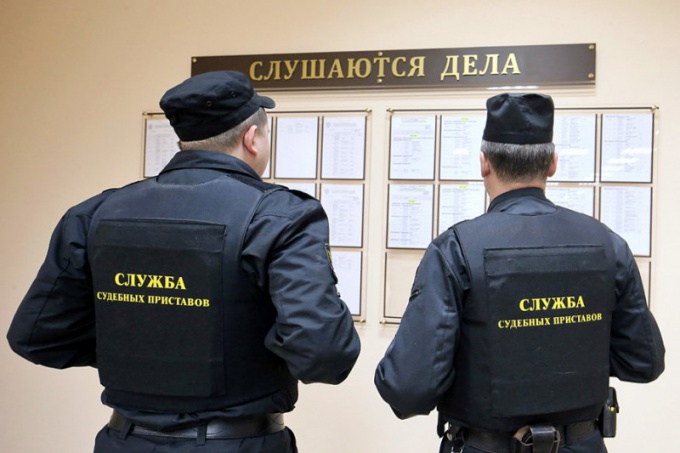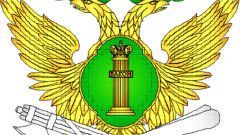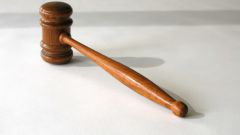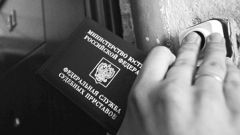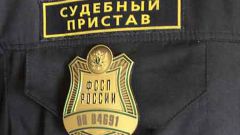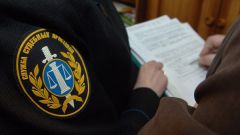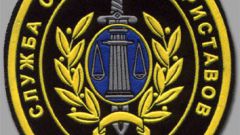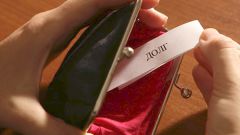Who is the bailiff?
Previously, they were called "sovereign's lyudmi". In modern language, the bailiffs are officials who are entrusted with power execution of court decisions on debt repayment to the state or people; those who are forced to deal with malicious debtors from eye to eye.
The right to look at the corners
Contrary to the opinion of ordinary people, the real rights in the bailiffs is not very many and they are all codified in law. Heading for the enforcement of the judgment, the bailiffs, in particular, have the right to:
1. Coming into apartments, houses or other spaces where living, working or hiding debtors. To open, if necessary, locked doors, inspect even hidden places.
2. To check the passports of everyone together with the debtor in the apartment or other premises.
3. To invite, if necessary, the police and other law enforcement agencies. For example, if the room can be weapons, explosives, drugs, or hostages.
4. Withdraw money in the amount specified in the writ.
5. To seize the property and value. But, of course, not all, but only what is stated in the decision of the court and can cover the debt or part of it.
6. The resistance to use physical force, special means and weapons.
7. To declare a debtor, if he escaped and is in hiding, wanted.
Bailiffs cannot take items without which man cannot live. It is clothes, shoes, food, something he is constantly working the apartment, if no other, as well as special vehicle or chair in the case when the debtor is disabled.
Useful tips
In the apartment, the organisation or the Bank the bailiff has the right to come only from 6 am to 10 PM. And only in those cases if the debtor does not have permission for a deferred payment, or has it already started to repay its debt.
If the debtor lives is not one, it must inform the bailiff and documents to prove the right of a family member or another person on his part of the property.
During the stay of the bailiff in the apartment and, especially, after his departure is not "gone" are also superfluous and not subject to seizure things, be sure to read the Protocol of the inventory and store the copy.
Is it possible to stick to other people?
The answer in this case will be positive. "Public" activities of a bailiff is allowed in a few special cases:
1. When initiation of proceedings about an administrative offence and carrying out in the framework of some action.
2. When checking the performance of an organization or a citizen of the judgment.
3. During the arrest of Bank deposits of the debtor.
Until 2009, the officers could claim a portion of the withdrawn property. There was a provision that if the debtor had not complied with the court's decision within five days, he was fined in the amount of 7%, and five of them went to the warden.
Courthouse security
And the bailiff of the municipal court — the concepts are almost inseparable. As, for example, the right and left banks of one river. And the range of duties of the usher is very broad. He, in particular, had the opportunity:
1. If necessary, drive the debtor to the court to do so and against the wishes of the offender.
2. To guard the courthouse. This includes checking documents and bags entering the building, and upon the slightest suspicion a search (in the language of law enforcement this is called "to make personal examination").
3. To bring to court those who do not want to be there voluntarily, according to the agenda. And while resisting to use physical force, special means and even weapons.
